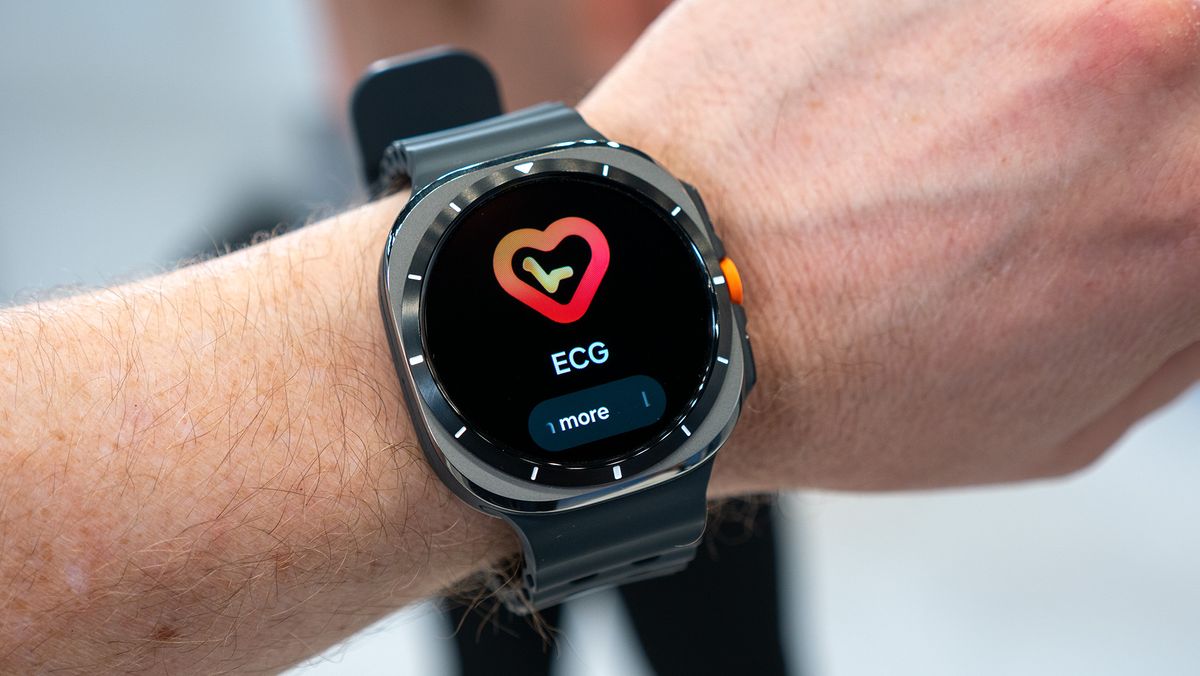We're entering the medical era of wearables

The Future of Wearable Tech: From Wellness Gadgets to Medical Marvels
The B2B Battle for Your Biometrics
Smartwatches and smart rings have long been marketed as "wellness" devices, offering health insights with a disclaimer urging users to take concerning readings with a grain of salt. But behind the scenes, a silent revolution is brewing. Tech giants like Apple, Google, and OnePlus aren't just interested in helping you track your steps; they're vying for a piece of the lucrative healthcare pie.
OnePlus recently unveiled a €13.5 million Health Lab in China, collaborating with medical institutions to study athletes' physiological data. This research isn't just about improving fitness tracking; OnePlus aims to enhance its algorithms for monitoring cardiopulmonary health and exercise capacity, hinting at a future where smartwatches offer medical-grade accuracy.
Similarly, a deep dive into Apple and Google's career pages reveals a growing intersection between cardiologists and smartwatch engineers. The quest for non-invasive blood glucose monitoring and blood pressure tracking is on, signaling a shift from casual wellness to potentially life-altering health insights.
Big Tech's Big Healthcare Ambitions
But the real target for these advancements isn't the average consumer. The billions invested in Fitbit and state-of-the-art labs point towards a business-to-business (B2B) revolution. These companies are collecting your data to refine their algorithms, not just for your benefit, but to create clinical-grade wearables that can be integrated into the healthcare industry.
Apple's latest Health Study, focused on predicting and managing health changes across a wide range of conditions, further reinforces this ambition. While Apple emphasizes privacy, the study's vast dataset will provide invaluable insights into the strengths and weaknesses of its health tracking capabilities, potentially positioning Apple Watches as indispensable tools for preventative care.
From Wellness to "Alternative Medical Checks"
Even smart rings, a relatively niche market, are joining the race. Companies like Circular and Evie are touting FDA-approved sensors and explicitly targeting B2B sales to medical companies. The focus is shifting from general wellness to "alternative medical checks," offering a potentially cheaper and less invasive method for monitoring vital health metrics.
The Double-Edged Sword of Constant Health Monitoring
While the pursuit of medical-grade accuracy in wearables is commendable, the constant influx of health information presents a potential downside. Being constantly confronted with potentially worrying biomarkers can lead to anxiety and stress, even if the issues are years or decades away.
As one individual discovered, a smart scale's persistent dehydration warnings, even after lifestyle changes, resulted in feelings of hopelessness rather than empowerment.
“Anyone would want their watch to catch signs of a heart attack… But if they start tracking… potential issues years or decades down the line, will that help you turn your life around, or just send you spiraling into stress and fatalism?”
The AI-Powered Future of Preventative Care
In the coming years, doctors may prescribe smartwatches and smart rings for at-home monitoring. The ongoing AI revolution will play a crucial role, analyzing your health data and test results to provide personalized insights and preventative care recommendations.
However, this means you'll be bombarded with even more health and wellness information, potentially leading to information overload and anxiety. The convenience of a Morning Report might be overshadowed by the stress of a daily health warning.
The future of wearable tech is bright, but it's crucial to consider the psychological impact of constant health monitoring and find a balance between empowering insights and overwhelming data.